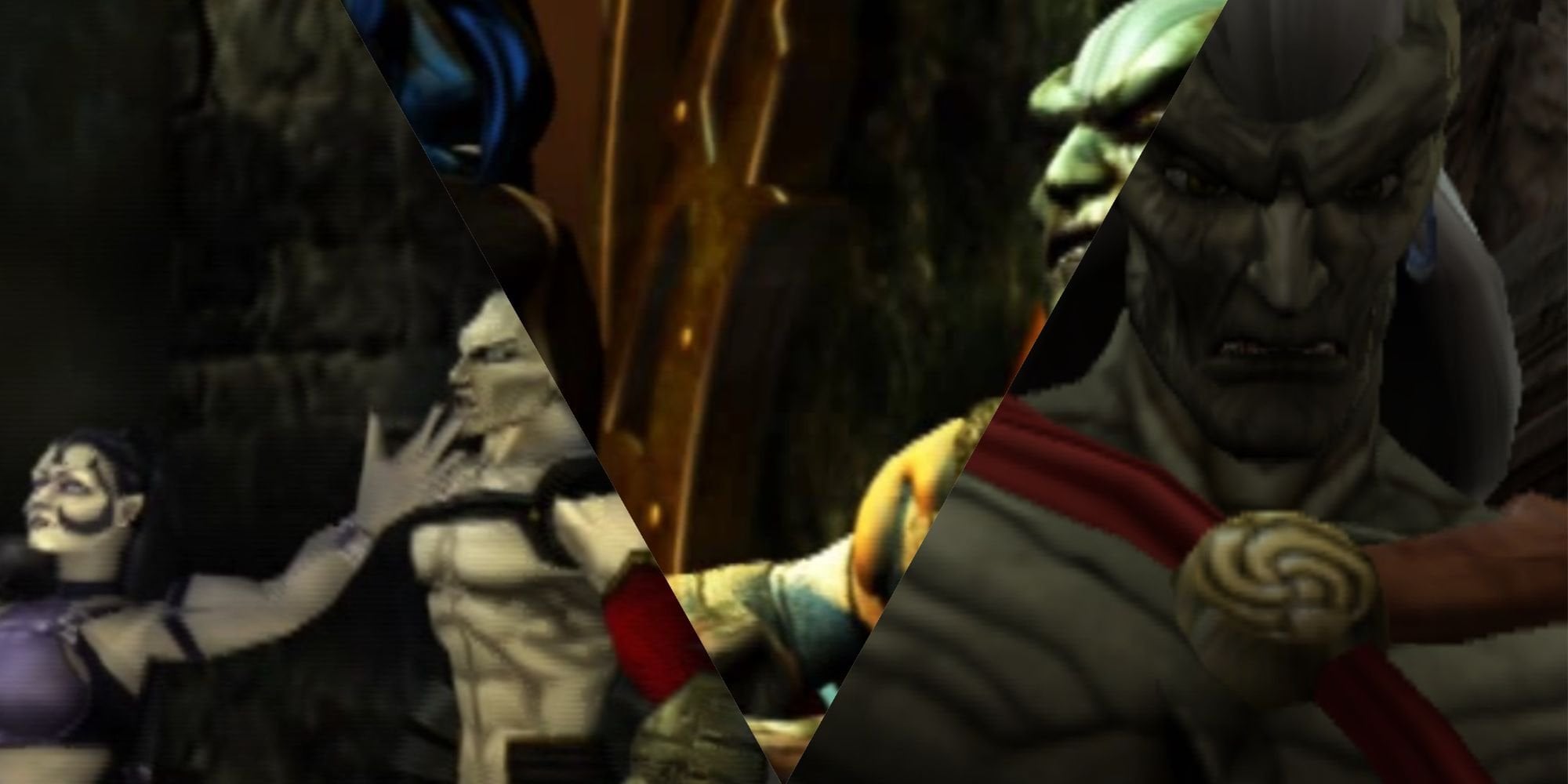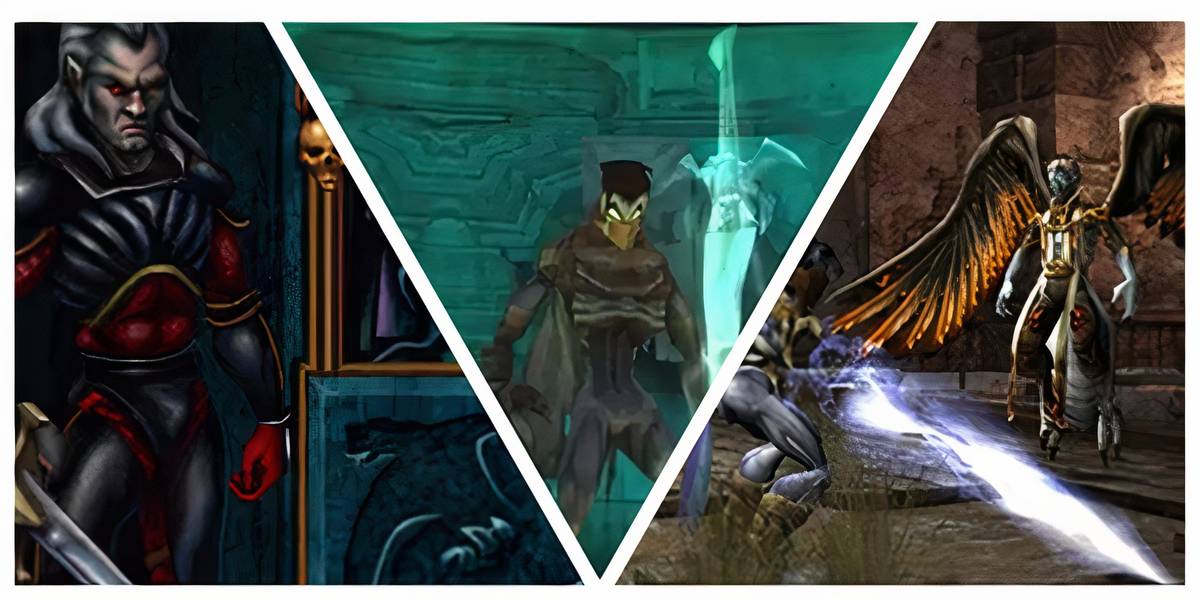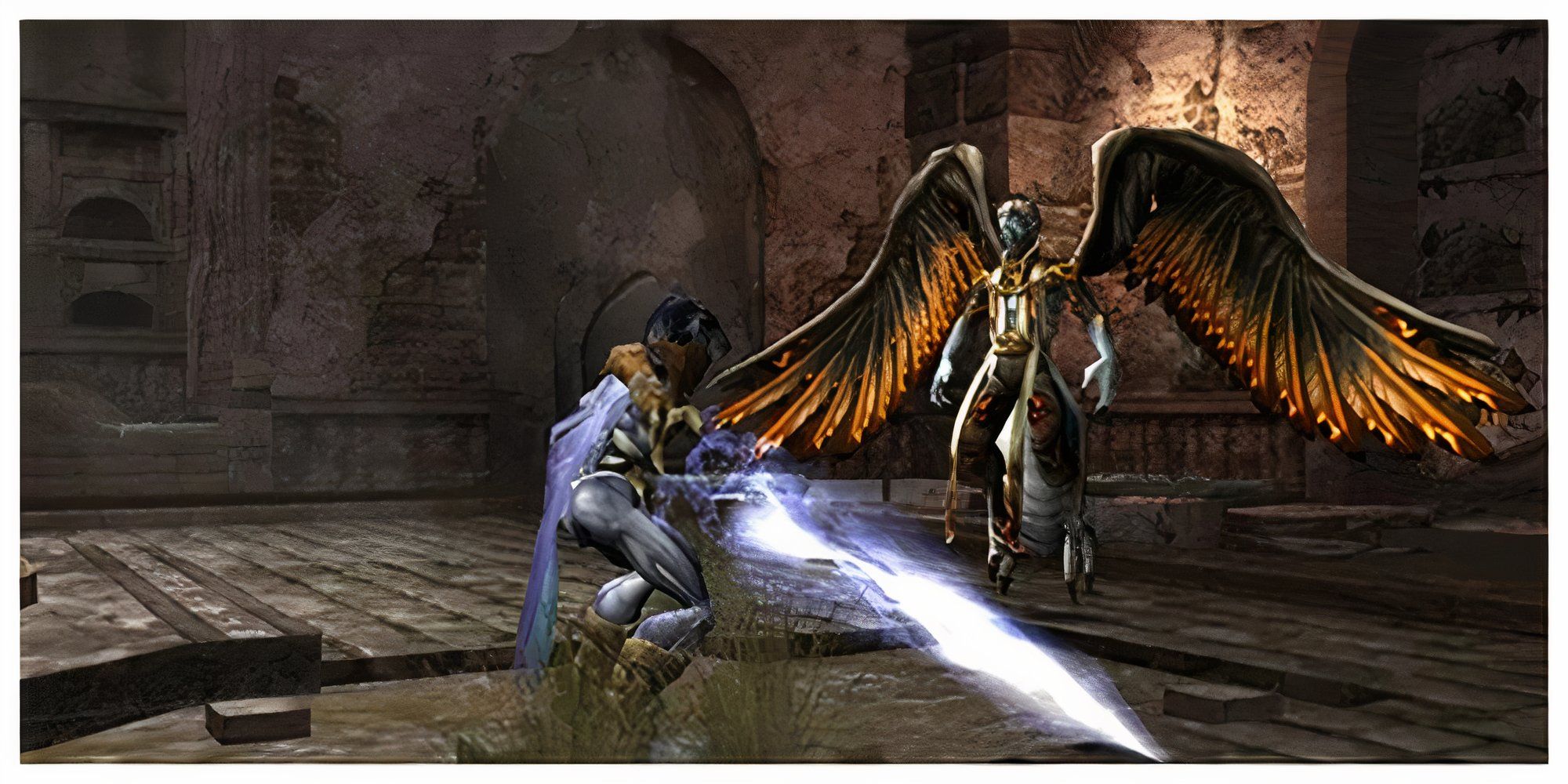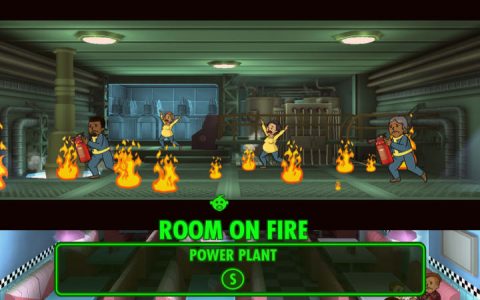The Legacy of Kain series is renowned for its intricate narrative, dark gothic atmosphere, and exceptional voice acting. Ranking these influential titles involves considering their storytelling depth, gameplay innovations, and overall impact on the video game landscape.
1. Legacy of Kain: Soul Reaver
Key Strengths:

- Pioneering spectral and material realm-shifting mechanic that was central to both puzzle-solving and exploration.
- A compelling, tragic narrative focused on Raziel's quest for vengeance and self-discovery.
- Extraordinarily atmospheric world design, enhanced by a haunting soundtrack and art direction.
- Stellar voice performances, particularly Michael Bell as Raziel and Tony Jay as the Elder God.
Points to Consider:
- Combat mechanics, while functional, can feel somewhat simplistic by contemporary standards.
- The ending felt abrupt due to significant content being cut during development.
Overall: Soul Reaver is often hailed as the series' zenith. Its ambitious design, captivating story, and innovative gameplay secured its place as a classic, offering a deeply memorable experience despite its known development issues.
2. Legacy of Kain: Soul Reaver 2
Key Strengths:
- Significantly expanded and deepened the series' complex lore and time-traveling narrative.
- More polished graphics and character models compared to its predecessor.
- Retained the strong voice acting and atmospheric qualities, with intricate dialogue.
- Focus on intricate puzzles often tied to the Reaver's elemental imbues.
Points to Consider:
- A more linear experience than the original Soul Reaver, with less emphasis on open-world exploration.
- Combat remained a relatively less developed aspect of the gameplay.
Overall: Soul Reaver 2 is a powerful narrative sequel that excels in storytelling and world-building. It refined elements from the first Soul Reaver and provided crucial plot developments, making it a favorite for those invested in the saga's lore.
3. Legacy of Kain: Defiance
Key Strengths:

- Allowed players to control both Kain and Raziel, each with unique combat styles and telekinetic abilities.
- Brought significant narrative threads to a climax, offering resolutions to long-standing questions.
- Improved combat system compared to previous Soul Reaver titles, with more combos and engaging mechanics.
- Maintained the series' high standards for voice acting and dramatic storytelling.
Points to Consider:
- The camera system could be problematic at times, hindering combat and platforming.
- Some found the combat encounters could become repetitive.
- The intricate plot can be challenging for newcomers to the series.
Overall: Defiance served as a crucial installment, effectively merging the gameplay and narrative arcs of its two protagonists. While not without flaws, it provided a largely satisfying (though still open-ended) continuation of the epic.
4. Blood Omen: Legacy of Kain
Key Strengths:
- Established the dark, mature tone and rich lore of Nosgoth, introducing Kain as a compelling anti-hero.
- Exceptional voice acting, particularly Simon Templeman's iconic performance as Kain.
- A vast game world for its time, with numerous secrets and a non-linear approach to exploration.
- Featured a unique blend of action-RPG elements, spellcasting, and shapeshifting.
Points to Consider:
- The top-down 2D graphics and gameplay mechanics feel dated compared to the 3D sequels.
- Combat can be somewhat clunky and methodical.
- Load times (on original PlayStation) were notoriously long.
Overall: The foundational game of the series, Blood Omen's storytelling, atmosphere, and characterization of Kain were groundbreaking. While its gameplay shows its age, its narrative importance is undeniable.
5. Blood Omen 2
Key Strengths:

- Featured Kain as the sole protagonist, focusing on his rise to power in the city of Meridian.
- Offered a 3D action-adventure experience centered around Kain's vampiric abilities.
- Introduced new "Dark Gifts" and a combat system focused on blocking and striking.
Points to Consider:
- Widely criticized for significant lore inconsistencies and retcons that conflicted with established series canon.
- Combat mechanics were often considered clunky and unsatisfying.
- Level design and overall plot were generally seen as less inspired than other entries.
- Suffered from technical issues and a lack of polish.
Overall: Blood Omen 2 is generally regarded as the weakest entry in the core series. While it attempted to provide another Kain-centric adventure, its deviations from established lore and less refined gameplay place it lower in the ranking for most fans and critics.










